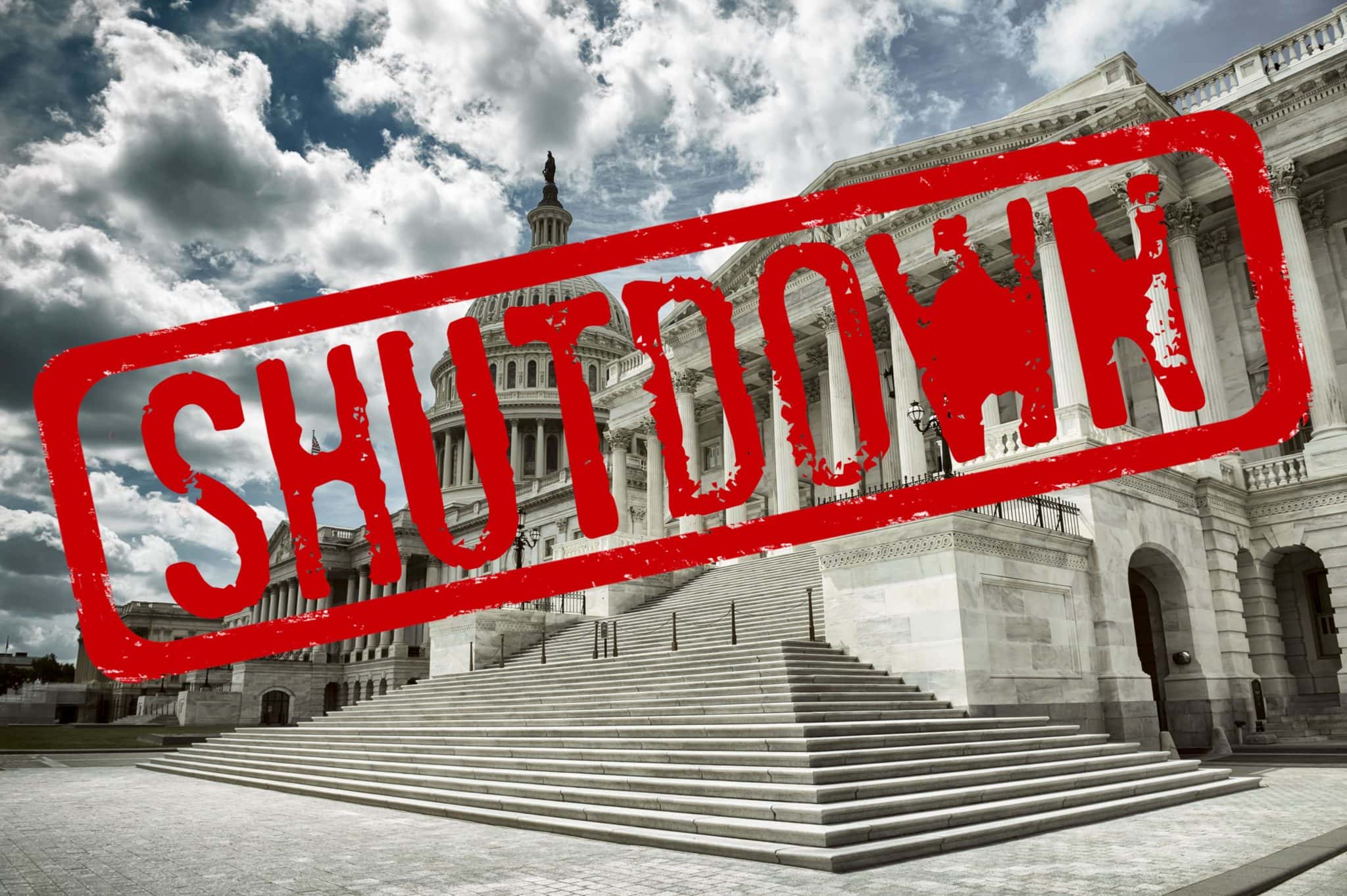UPDATE: On Monday evening, the IRS confirmed that it will begin to process tax returns on January 28, 2019 and provide refunds to taxpayers as scheduled, despite the partial government shutdown. Additionally, it was announced that a significant portion of the furloughed IRS employees will be called back to work.
Additional details about the IRS filing season are expected to be released publicly in the coming days in an updated FY2019 Lapsed Appropriations Contingency Plan.
As the U.S. Government enters its 17th day of partial shutdown and with the tax filing season approaching, taxpayers may be wondering what this could mean for them and their 2018 tax returns. The IRS is one of the government agencies that is impacted by the recent government shutdown.
In the event of a government shutdown, the IRS has a contingency plan in place which describes how the agency will operate during the first five business days following a lapse in appropriations. The plan was in effect until December 31st, 2018 and stated that in the event the lapse extends beyond five business days, the Deputy Commissioner for Operations Support will direct the IRS Human Capital Officer to reassess ongoing activities and identify necessary adjustments of excepted positions and personnel. The plan also states that if the IRS is confronted by a lapse in appropriations at any time outside of the filing season (January 1 – April 30, 2019) in fiscal year 2019, activities in preparation for the Tax Filing Season will continue, along with certain other activities authorized under the Anti-Deficiency Act. At the time of this post, additional guidance for activity during filing season (after Dec 31st) has not been released.
Among other things outlined in the contingency plan, only 9,946 of the agency’s employees (about 12.5% of the total IRS workforce) are authorized to be retained during a shutdown. The plan lists the following actions that the IRS will continue and will not continue to do:
Continued during the shutdown:
- Both paper and electronic tax returns will continue to be processed.
- The IRS will continue to accept payments.
Not continued during the shutdown:
- The IRS will not issue tax refunds.
- Individual amended returns (Forms 1040X) will not be processed.
- Audit and exam functions will not be continued (other than those where they are protecting the statute of limitations).
Impact on Changes from the Tax Cuts and Job Act (TCJA)
The next question taxpayers may be thinking is – how will this impact the implementation of all the changes from the TCJA? The answer to this is also outlined in the contingency plan. TCJA provisions provided funding for certain FY2018–FY2019 activities. Implementation of the TCJA is considered a mission-critical task beginning in calendar year 2018 and through fiscal year 2019.
Examples of implementation activities include creating and revising tax forms, tax worksheets, form instructions, and publications; changes to current IRS policies and procedures; and IT programming that will enable the revised and new forms to be processed. When the TCJA was enacted, Congress provided the Treasury Department with funds that will remain available until September 30, 2019. Therefore, some of the implementation activities related to the TCJA are not affected by the government shutdown.
If you have any questions regarding your specific tax situation or if we can be of service, please contact us.
© 2019
Written by: Susan George
 Susan George joined Thompson Greenspon as a Tax Senior in the fall of 2017. Prior to joining the firm, she worked as a Tax Accountant in the construction & real estate group at a large regional public accounting firm in Tysons, VA.
Susan George joined Thompson Greenspon as a Tax Senior in the fall of 2017. Prior to joining the firm, she worked as a Tax Accountant in the construction & real estate group at a large regional public accounting firm in Tysons, VA.
Susan is responsible for the preparation and review of Federal and multi-state tax returns for corporations, partnerships, trusts, estates, nonprofit organizations, and individuals. She has substantial experience serving clients in the construction and real estate industries and nonprofit organizations.
Susan holds a Bachelor of Business Administration from James Madison University and graduated in 2013. Following her graduation, she attended George Mason University where she enrolled in the Accounting Certificate program to become a CPA. Susan has been a licensed CPA in Virginia since 2016. She is a member of the American Institute of Certified Public Accountants and the Virginia Society of Certified Public Accountants.


